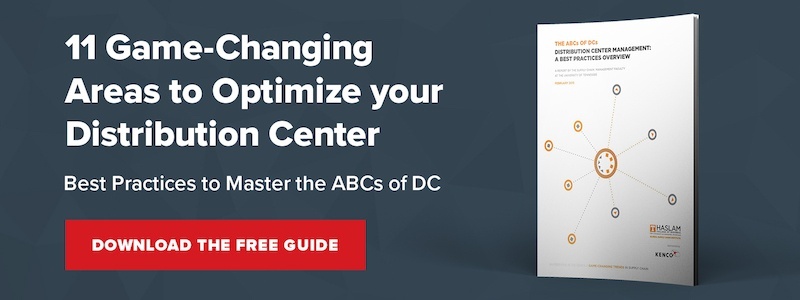
To succeed in business, you need to be constantly vigilant in assessing the effectiveness of your practices and partnerships. The lowest price for service might look more attractive than ever, but will it provide the value you need to retain customers and grow your business?
It is important to select a stable third-party logistics provider with a good financial track record, especially if you are signing a multi-year contract. Effective 3PLs must be financially sound and willing to invest in their own business.
WHY WORRY?
Though not as gloomy as a few years ago, the current uncertain economy continues to require rigorous review when selecting a 3PL.
On the positive side, the Korn/Ferry Institute's 2013 17th Annual Third-Party Logistics (3PL) Study reports an optimistic outlook for the industry. Based on responses from more than 2,300 shippers and logistics service providers in North America, Europe, Asia-Pacific, Latin America, and other regions, the study indicates that despite challenging business conditions, global revenues for the 3PL sector continue to rise as service providers work to improve their business presence and create value for customers.
Despite those findings, many risk factors still cause concern, cautions the Center for Supply Chain Research at Pennsylvania State University's Smeal College of Business.
"Today's complex supply chains are more vulnerable than ever before to negative impact from disruptive events, and shippers are becoming increasingly demanding of their 3PLs' risk mitigation capabilities," according to the Center. "A number of factors—including extended supply chains, reduced inventories, and shortened product lifecycles—are making supply chain disruption both more likely and more costly.
KEEPING UP
While technology plays an increasingly important role in supply chain operational efficiency and risk mitigation, many 3PLs don't have the resources to keep up. Despite the increased risk of supply chain disruption, many companies are currently underfunding disruption-mitigation planning. Without more advanced strategies in place, 3PLs will not be as effective at minimizing the risk of disruptions, The Center for Supply Chain Research study reports.
Ask yourself: Do my 3PL partners have the financial stability to weather significant disruptions, especially when access to capital is more restricted? And, are they in a good position to take advantage of innovations that will both protect and advance my business?
CREDIT CHECK
When you look at a 3PL's credit risks, check with independent sources including credit reporting agencies such as Dun & Bradstreet, and rating agencies such as Moody's and Standard & Poor's. The credit agencies should also have information on outstanding liens and claims. Evaluate whether liens and claims are factors of normally secured credit, or a result of unpaid vendors.
ASSESSING YOUR PARTNER'S PREPAREDNESS
Supply chain disruptions significantly affect your bottom line, so you should know how your 3PL partner is positioned to deal with them on the logistics side.
Prepare some probing questions before finalizing the agreement.
- ask about internal planning for disaster preparedness
- labor shortages/stoppages
- technology outages
- weather-related transportation disruptions
- other risks particular to your product line.
While many factors come into play when choosing a 3PL, don't overlook the importance of choosing a financially stable partner. Unhealthy logistics partners could damage your business and negatively impact your customers.
A 3PL that is not financially stable may be focused on its own economic situation rather than helping you improve your business. Financially healthy partners should have the resources to invest in you as a customer, and in their own operational capabilities - to provide the customer service you require.



